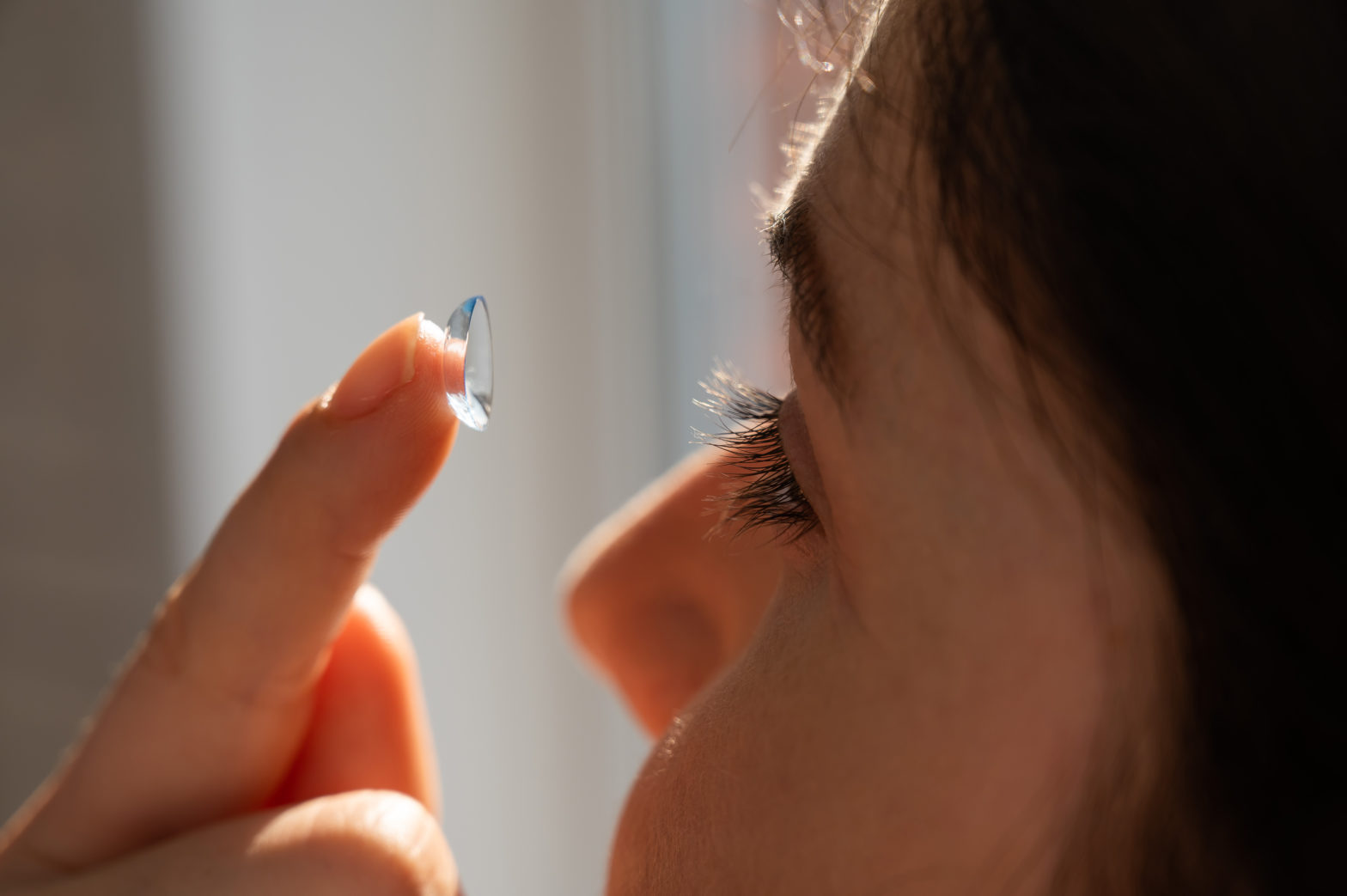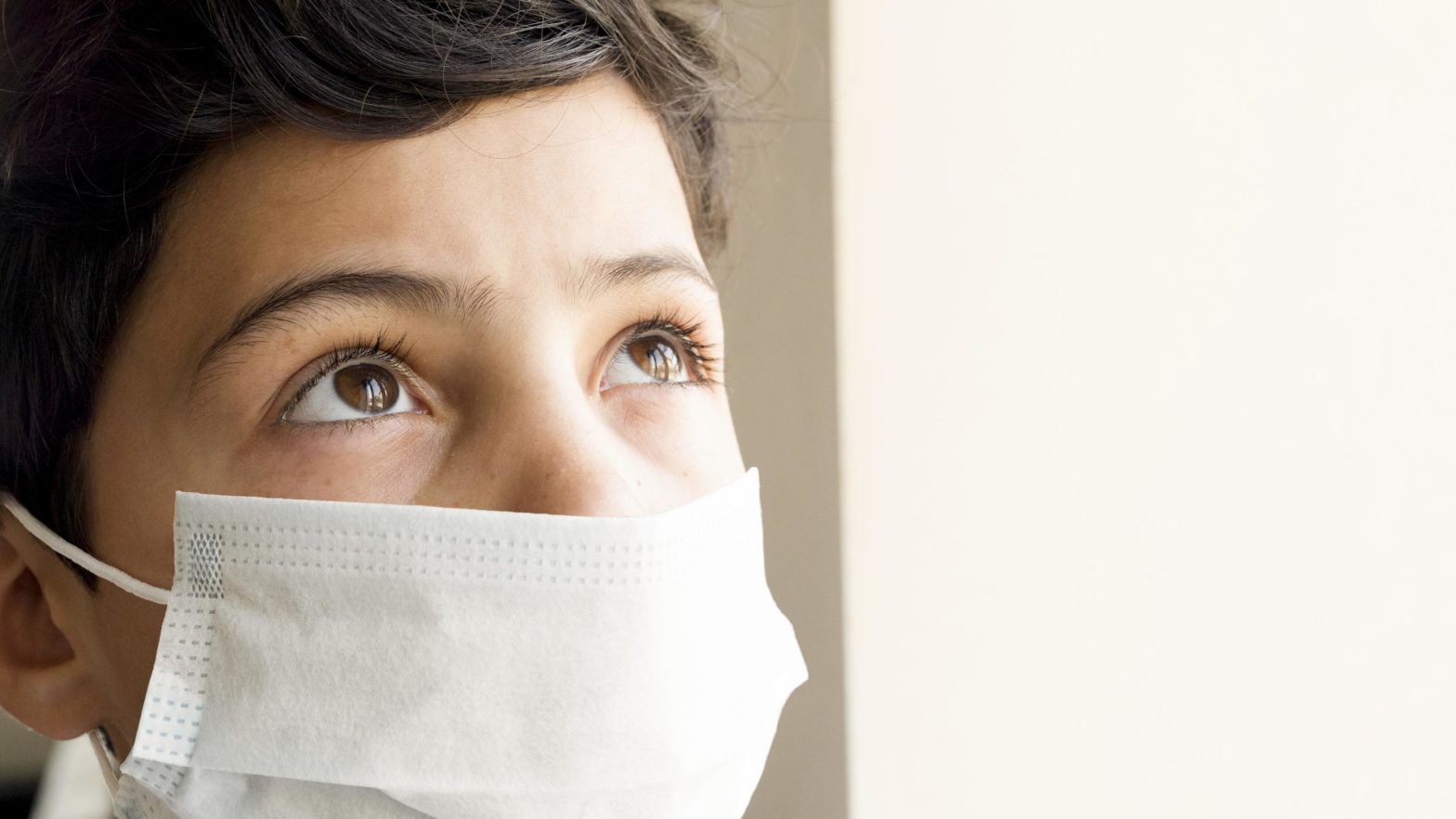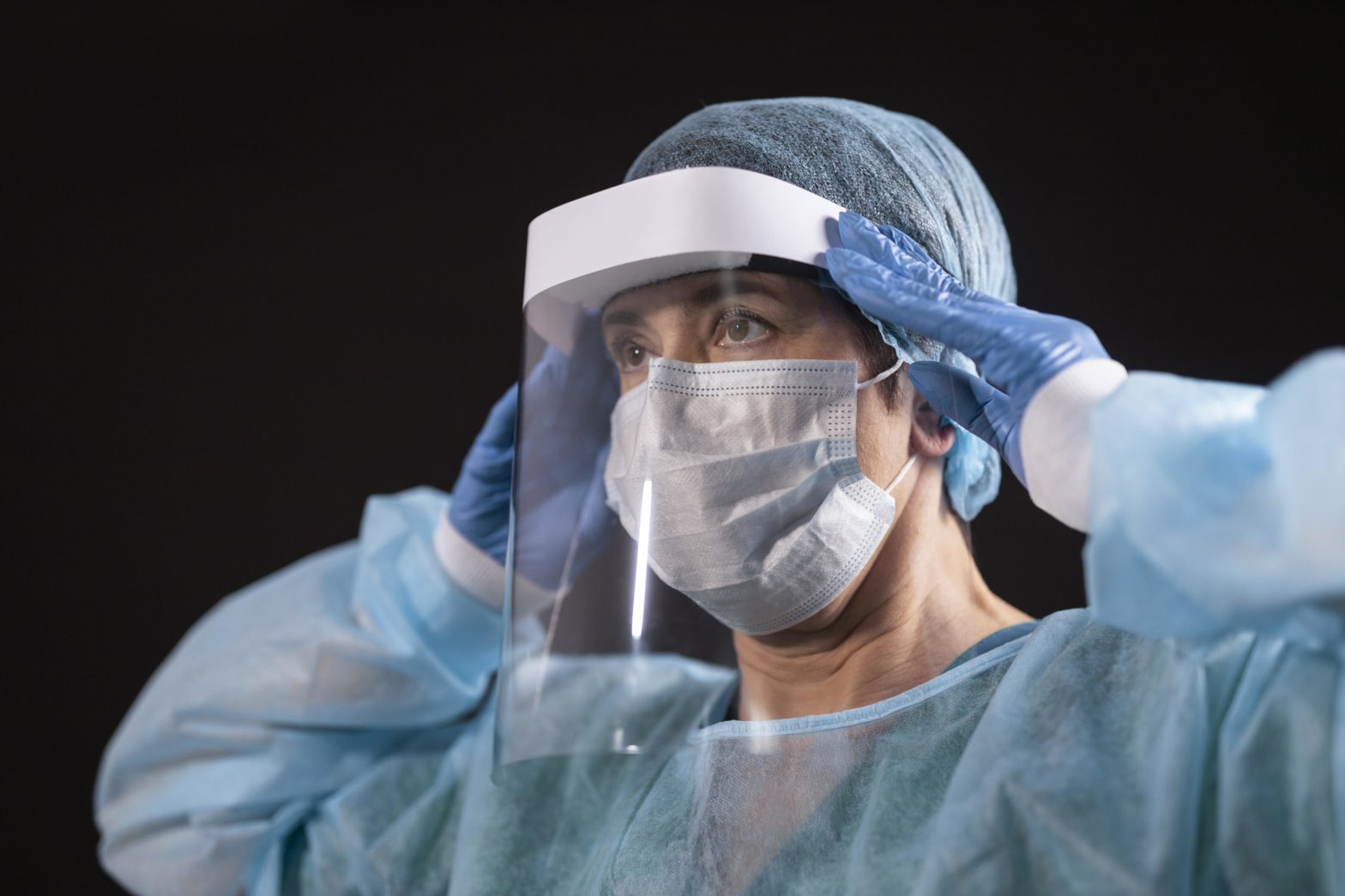Covid pandemic is the biggest public healthcare emergency facing the world today. The virus can have a devastating effect on the body, impacting many organs. However, not many people are aware that it can affect the eyes too.
Covid was first detected as conjunctivitis by an ophthalmologist in China. In this, eyes of patients become slightly painful and red with pricking sensation and watering. The condition appears like any other case of conjunctivitis. To check if it is a Covid symptom, doctors need to consider if there are any covid patients in the person’s family or whether the individual was in contact with any Covid-positive patient.
More than a year of the Covid pandemic has gone by, and ophthalmologists are gaining more knowledge about the disease with every passing day. There has been some limited evidence that exposure of unprotected eyes can lead to infection with SAR-CoV-2 virus. It is now understood that Covid affects the retina (the posterior part of the eye) as well as its nerve. The disease can lead to formation of blood clots in the patient’s body which can block blood vessels in the retina. The patient may not notice anything wrong if the blocked blood vessel is minor or carries deoxygenated blood. However, in some cases, the main blood vessel carrying oxygenated blood to the eyes gets impacted by the virus, leading to deterioration or total loss of the patient’s vision. This can be rectified by timely diagnosis and proper management of the condition.
If the patient reaches an ophthalmologist within 6 hours of vision loss, his or her sight can be saved with prompt care to restore blood circulation in the eyes. In these cases, almost 100% or 95% vision of the patient can be restored. Any delay or complacency in reaching an ophthalmologist quickly can lead to permanent and irreversible damage to the eye.
The theories about routes of transmission of the virus to the eyes include direct inoculation of conjunctiva by droplets, migration of upper respiratory tract infection through the nasolacrimal duct or lacrimal gland involvement by the hematogenous route.
Blocked blood vessels are not the only eye morbidity associated with Covid. Some patients may develop localized inflammation called retinitis. This is again treatable with medicines or injections. The risk is potentially minimal given the current evidence. However, it is still better to take all precautions and besides face mask it is advisable to use face shields.
Steroids are commonly used for the treatment of Covid, but this can be a doubled-edged sword. If used judiciously, steroids are lifesavers; if not, they can cause damage to the body. A category of patients called “steroid responders” tend to develop an increase in fluid pressure in their eyes when administered steroids. This condition can damage the eyes. In some cases that involve long-term use of steroids, patients can develop cataract. Timely checkup can avoid such complications, reversing the side effects of steroids and saving the patient’s vision.
Another issue with steroids is that they decrease the immunity of patients. In such cases, and especially for diabetics, fungal infection is common. This can lead to growth of black fungus in sinuses, which are small air pockets located behind the forehead, nose and cheekbones and between the eyes that produce mucus. In some cases, the black fungus can spread from sinuses to around the eye or, in some cases, even inside the eyes. This is a serious condition that needs immediate treatment.
There are few ways by which Ocular transmission can be prevented by-
- Avoid touching hands to eyes
- Wear face shields
- Spectacles and facial tissues should not be shared
- Optical shops and eye doctors should take all precautions and sterilize any instrument coming in close proximity to the patients’ eyes
In these pandemic times, it is important for Covid patients who develop any eye-related problem to visit an ophthalmologist without delay.








